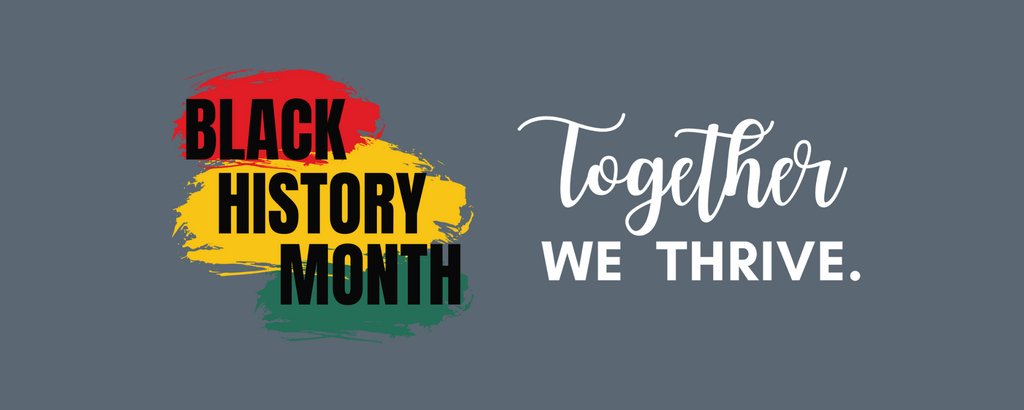
Black History Month Celebration — Inspirational Black Leaders
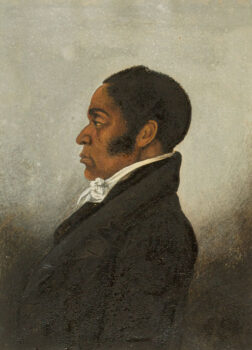
Our staff member shares the inspiring story of James Forten, an abolitionist and wealthy business man from Philadelphia
In honor of Black History Month, we asked our staff to share influential Black leaders who have made an impact on their lives and their work. Included here are just a few of the Black innovators who have been important to our team, and a reminder to continue this focus on advocacy and equity all year long.
James Forten
“James Forten (September 2, 1766 – March 4, 1842) to me is an inspiration. The fact that he was a successful Black and wealthy businessman in the late 18th century is inspiration enough, but I am also inspired by the fact that he used his status to help free Black people.”
Michelle Obama

Our staff member shares their source inspiration, activist and former First Lady - Michelle Obama
“Michelle Obama is pure class. She approached her work during Barack Obama’s presidency not only with honesty and high values, she made people believe they can achieve anything as long as you put in hard work. She is an advocate for women’s rights and believes women should feel good about themselves. She was the creator of the “Let’s Move” initiative to battle childhood obesity. Everything she has done in life was due to hard work and determination.
Michelle is the typical mom who struggles with every day parenting challenges just like the rest of the population. Her famous quote around the world is, “When they go low, we go high”. How inspiring is that for younger generation!?”
Dr. E. Kitch Childs
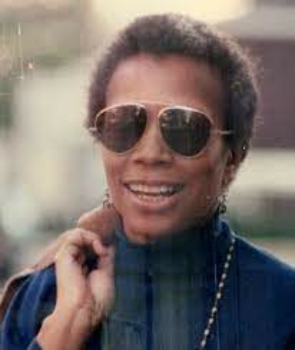
Grace Hong-Duffin, our CEO, shares her inspiration drawn from the work of Dr. E. Kitch Childs
“I want to celebrate and honor this life-long activist and her focus on feminist therapy, anti-racism, and LGBTQ+ advocacy. She was one of the founders of the Association for Women in Psychology, has been inducted into the Chicago LGBT Hall of Fame, and was the first Black woman to earn a doctorate degree in Human Development at the University of Chicago in 1972. She helped to lead the movement to dismantle the American Psychiatric Association’s inclusion of homosexuality as a psychological disorder from the Diagnostic and Statistical Manual of Mental Disorders the following year. And on top of all of that, she served the United States Navy with distinction. Dr. Childs died in 1993, but in her short 55 years of life, she packed her days championing equity, compassion, and community. So much of her work ties directly to the work we do at KYC and we wouldn’t be able to do our work without the impact she made in her lifetime. I am truly in awe.”
Dr. Beverly Greene
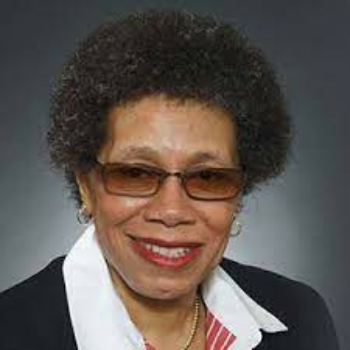
Our staff member shares the inspirational work of Dr. Beverly Greene, an early thought-leader of intersectional psychology
“I’d like to recognize Dr. Beverly Greene, who wrote the famous and important article “When the Therapist is White and the Patient is Black: Considerations for Psychotherapy in the Feminist Heterosexual and Lesbian Communities.” Dr. Greene helped create the study of intersectional psychology to combat the inequalities she was seeing at that time when some patients weren’t getting the same care as others. She earned the Distinguished Publication Award from the Association for Women in Psychology in 2008.
I am inspired that her work helped clinicians be more thoughtful when treating patients of different ethnicities, and avoid allowing heterosexism, sexism, and racism to influence any decisions. Greene’s work taught people how different parts of a person’s identity shape every aspect of their life, including mental health.”
Dr. Hope Landrine

Our staff member shares how Dr. Hope Landrine's work shed light on inequities using data and statistics
“Dr. Hope Landrine studied health psychology and public health. Her work inspires me, especially considering the populations we serve at KYC. In 1992, she published her research on the impact of many social inequities that can influence making a diagnosis and categorizing psychiatric disorders, “The Politics of Madness”.
Dr. Landrine’s work was very important and should be recognized because it was some of the first real scientific data that showed that stereotypes of women, people living in poverty, and ethnic minorities were likely resulting in bad diagnoses and contributing even more to the inequities the patient already had to deal with. This inspires me to remember that the work we do changes lives and can help combat inequities when successful.”
Wentworth Cheswell
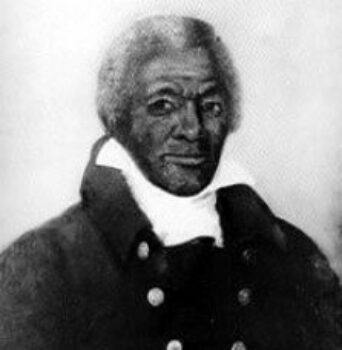
Our staff member shares the inspiring story of Wentworth Cheswell (April 11, 1746 – March 8, 1817), a Revolutionary War hero
“Wentworth Cheswell lived in New Hampshire during the American Revolution. He was the first black judge elected in 1768, and for forty-nine years he served his country in some form of public office.
When the British famously first began to occupy cities in America, Wentworth actually did the same types of rides at the same time as Paul Revere, but no one knows about it. Wentworth’s contributions to this country are inspiring and should be celebrated in schools and history books. This is an incredible illustration of how we white wash history.”
More Than Just One Month
As February and Black History Month come to a close, efforts to advocate for equity and to lift up Black community members, leaders, contributors, and creators will not end on the 28th.
We encourage the KYC Community to join us in seeking out additional opportunities to continue celebrating contributions of Black Americans all year long.
Together We Thrive.
Previous Article Next Article

